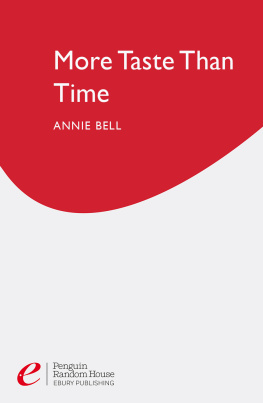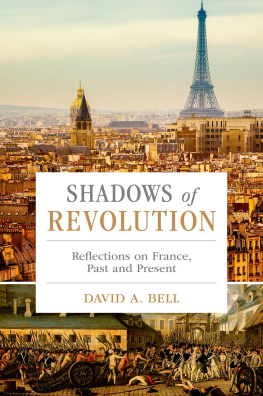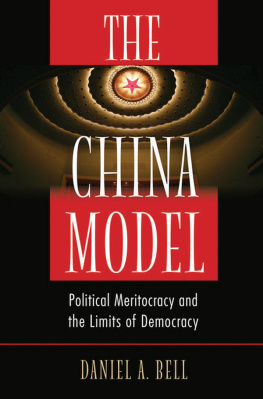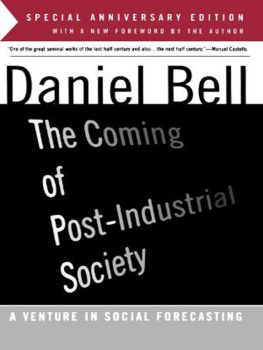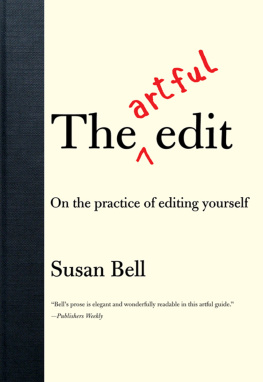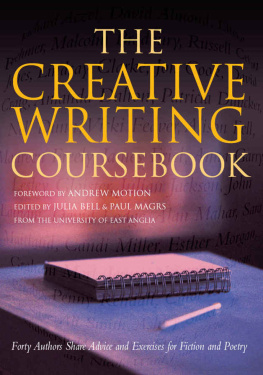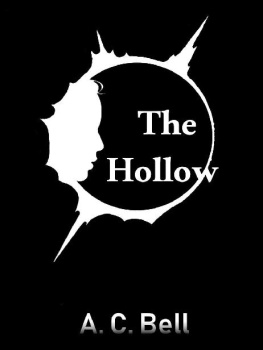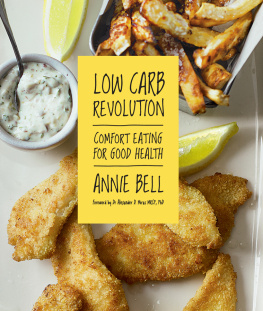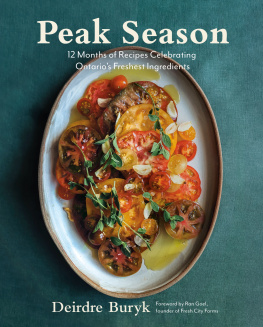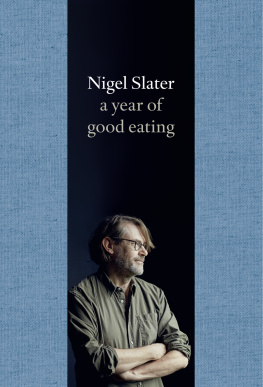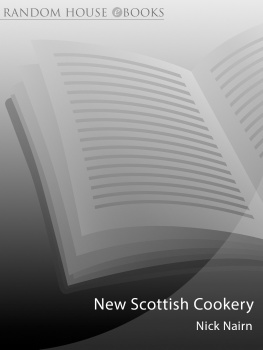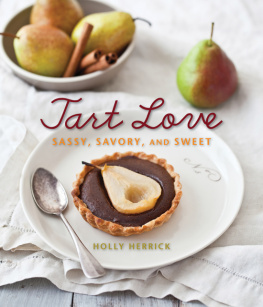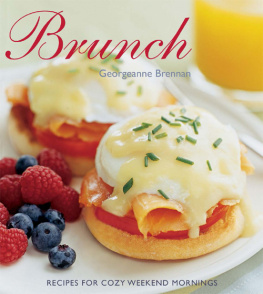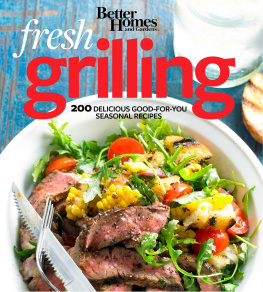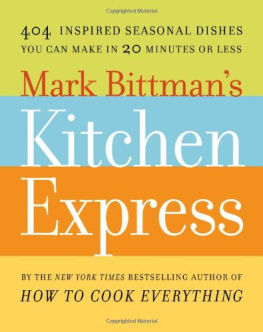CONTENTS
About the Book
More Taste than Time is a response to a modern dilemma the need to entertain, when you have not got the time. Annie Bell has gathered together some of her favourite recipes to cover every sort of occasion, from a friendly brunch to a more formal evening dinner or a cocktail party, as well as cooking for crowds and the outdoor pleasures of barbecues and picnics. Drawing from cuisines around the world, the recipes are original and vibrant: dishes such as Soft Herring Roes on Brioche, Tea-Smoked Duck Breasts and Chocolate Souffl with Chocolate-Clove Sauce combine ease of preparation with great taste and style.
Annie Bell began her career in cooking in 1985, and worked as a chef before turning to food writing. She is the author of several books and is a well-known food journalist, contributing to a variety of publications including Vogue, Harpers & Queen and the Independent.
About the Author
Annie Bell began her cookery career with a hands-on spell in the kitchen, first by setting up the small caf at the back of the specialist bookshop Books for Cooks, and subsequently working as a chef. Children changed all that, and she is now a full-time author and journalist. She writes on food and cookery for the Independent (shortlisted for the Glenfiddich Awards in 1996), and was cookery writer on Vogue from 199295. She continues to specialise in vegetarian cookery, and is one of the principal exponents in the UK of the new wave style that gained such recognition in California. Her previous books include A Feast of Flavours, Evergreen: Classic Vegetarian Cookery and Not-So-Wicked Puddings.
DEDICATION
For Simon Slingsby
This ebook is copyright material and must not be copied, reproduced, transferred, distributed, leased, licensed or publicly performed or used in any way except as specifically permitted in writing by the publishers, as allowed under the terms and conditions under which it was purchased or as strictly permitted by applicable copyright law. Any unauthorized distribution or use of this text may be a direct infringement of the authors and publishers rights and those responsible may be liable in law accordingly.
Epub ISBN: 9781473529168
Version 1.0
Ebury Press, an imprint of Ebury Publishing,
20 Vauxhall Bridge Road,
London, SW1V 2SA
Ebury Press is part of the Penguin Random House group of companies whose addresses can be found at global.penguinrandomhouse.com

Text Annie Bell 1996
Cover photographs by Jean Cazals Ebury Press 1996
Annie Bell has asserted her right to be identified as the author of this Work in accordance with the Copyright, Designs and Patents Act 1988
First published by Ebury Press in 1996
www.eburypublishing.co.uk
A CIP catalogue record for this book is available from the British Library
ISBN 9780091949945
NOTES
All spoons are level unless otherwise stated
Oven temperatures: the fan oven temperature is given first, then the temperatures for non-fan electric ovens and gas ovens
Egg sizing: size 2 corresponds to a large egg
PREFACE
HOW FAST IS FAST?
Fast is like a disease that has crept through the media: if you cant cook fast, dont cook at all. It is my belief that we are way out of control on this issue, because a lot of what is good to eat and pleasurable to cook is being squeezed by a stopwatch, or otherwise ignored. And much that calls itself fast resides in a grey area. Fast assumes that it can be done in 30 minutes. Well, one persons 30 minutes is another persons 50 minutes. Does it include the washing up? You can go hell for leather during 30 minutes and build up a double sink load of pans that take another 30 minutes to clean.
So I have not stuck to any rigid 30-minute rules these are recipes that I believe are possible to produce without too much sweat. I have also included a handful of slow-cook dishes that dont require much in the way of preparation, because it seems nonsensical to exclude something that takes 10 minutes to assemble just because it then takes an hour in the oven, or because one ingredient may require soaking or resting; these recipes are marked with a *. However, desserts that require chilling are not marked, as they are usually made in advance of eating.
INTRODUCTION
More Taste than Time is a response to a modern dilemma the need to entertain, when you havent got the time which I suffer from every bit as much as you. The recipes in this book are ones I turn to, confident that they are special enough for friends, without being overly complex. They are based on my time spent as Vogues cookery writer, and as such reflect todays manner of cooking and eating.
In retrospect, conquering outer space seems a doddle compared to solving the problem of entertaining. Just about everything has been tried in the name of convenience and speed, be it desiccated or frozen, cooked, chilled or bottled, and none of it comes anywhere close to the real thing.
It was moving house recently that brought home to me the extent of this reality. There was no time to cook; it was just packing, shifting, unpacking, over and over. And in any case the kitchen was in no fit state to receive ingredients. To begin with it felt like a holiday from the stove.
The first takeaway from our new local was pretty good, and during the fortnight that followed we worked our way through supermarket convenience food. But the longer it went on the worse it became until eventually my husband said words to the effect of I cant stand this any longer, by arriving home with the wherewithal to cook himself supper.
The truth that gradually dawned was that however spicy the food purported to be, none of it tasted of anything. Rarely did it taste fresh, and worst of all you never felt satisfied afterwards. Whatever place such convenience does have, it does not, Im afraid, extend to entertaining. There is only one solution for it: roll up your sleeves and start cooking.
The good news is that it has never been easier to entertain with greater style or greater speed. You are probably tired of cookery writers banging on about raw materials, but we do have access to an incredible range of fresh produce from all over the world. Added to this we have most fresh vegetables and fruit all year round. Having said that, I like my asparagus and strawberries in season; however, I also recognise the advantages of being able to supplement the seasonal supply with out-of-season produce at ones whim.
The second strand to this is the availability of high quality storecupboard ingredients such as olive oils and vinegars, olives and canned anchovies, saffron filaments, harissa, mustards and so forth: very little has to be done to fresh produce in order to produce something that looks and tastes wonderful.
All this is not to say we have gone grunge on food. In fact, it has never been more glamorous, but today it is a quiet, understated glamour that says I know how to shop properly, rather than I spent the whole of yesterday cooking.
When I think of yesterdays party piece I think of a whole poached salmon, skinned and presented with a decorative line of cucumber slices and mayonnaise piped in swirls up and down its length (though this one still has a habit of cropping up, usually overcooked, at weddings and special occasions, followed by strawberries and cream). A thoroughly modern fish would be a whole roasted seabass, smothered with extra virgin olive oil, lots of freshly chopped herbs and finely grated lemon zest, and a splash of balsamic vinegar, the dressing warmed through in the roasting pan with the fish juices, and poured over.

